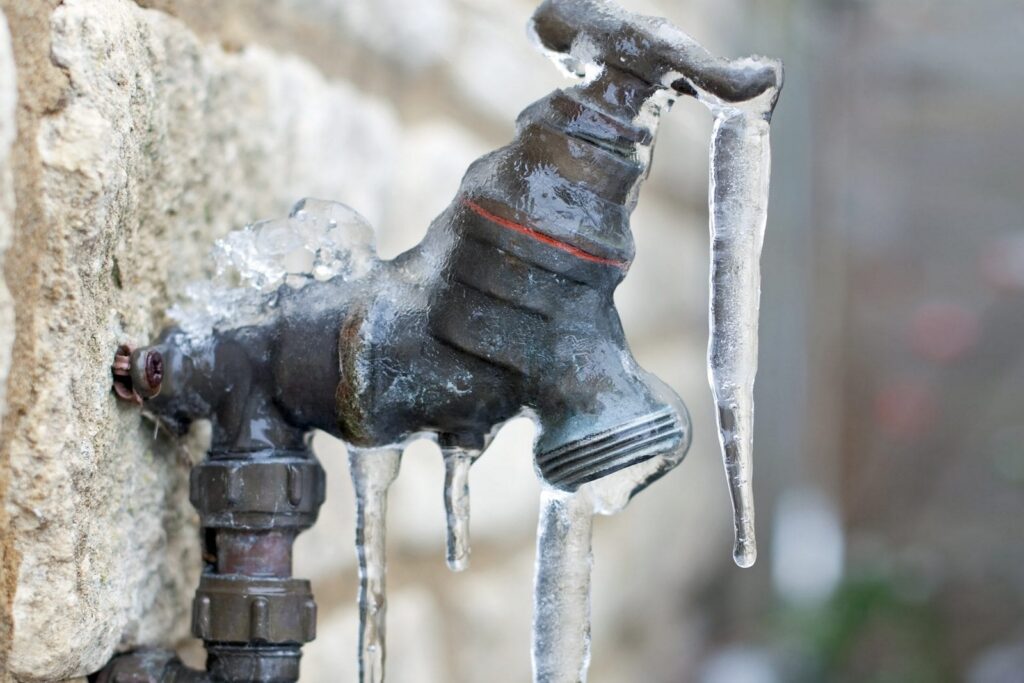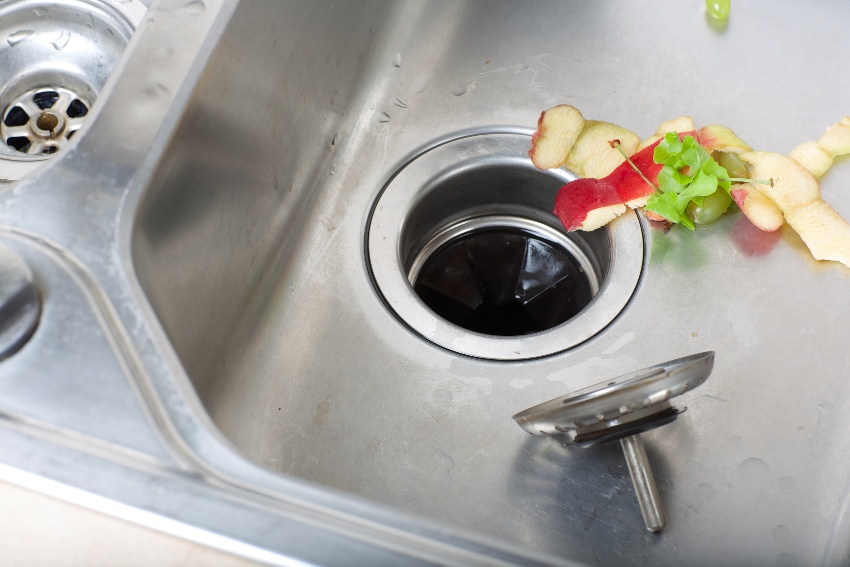

Blog
Why Does My Basement Smell Like Sewage?

You head downstairs and the smell hits you. It’s sharp, sour, and impossible to ignore. Basements can get musty on their own, but this is different. A sewage odor almost always means something in the plumbing isn’t working right. Sometimes it’s nothing more than a drain that dried out. Other times it’s a crack in a pipe or a backup that’s starting to build pressure. Whatever the case, that smell is a warning that gases or wastewater are getting into your home where they don’t belong.
What Usually Causes the Smell
In homes around Montgomery, Frederick, Howard, Carroll, Anne Arundel, and Prince George’s counties, we see the same handful of problems. Some basements are old, with pipes that have been in the ground for decades. Others rely on pumps and vents that fail at the worst time.
A dry floor drain is one of the simplest causes. The trap under the drain is supposed to hold water and block gases. When it dries out, the smell slips right through. It happens a lot in corners of the basement that don’t get much use, or after you’ve been away on vacation.
Cracked or leaking sewer lines are another big one. Pipes under the slab shift, roots work their way in, or the line just wears out with age. You may never see water on the floor, but the odor works its way up through hairline cracks in the concrete.
Clogs cause trouble too. Basements collect everything from lint off laundry to dirt from outside. That gunk settles in the floor drain, water stagnates, and the smell follows.
Sometimes it’s not a slow problem at all but a backup. When the main sewer line clogs, pressure pushes waste back toward the house. The basement is the first place to notice. Most families smell it before they ever see water rising.
And don’t forget about pumps and vents. A loose pump lid, a sump that can’t keep up, or a vent stack outside that’s blocked with leaves or frozen over can all let gases drift inside.
Why It Matters
It’s tempting to ignore the smell and hope it clears out. The problem is, it usually doesn’t. Sewer gases often carry methane, ammonia, and other compounds that can cause headaches or nausea, especially in a closed basement. If there’s a leak, the moisture that comes with it feeds mold. Once mold takes hold, it spreads fast across concrete, wood, or cardboard boxes you’ve got stored down there. Kids, older adults, and anyone with breathing issues notice the effects first. Even pets are at risk since they spend time close to the floor where the odor is strongest.
Quick Checks You Can Try
Not every fix needs a plumber right away. There are a few things you can look at yourself:
- Pour some water into any floor drains you don’t use often. That refills the trap and blocks gases. A splash of mineral oil on top helps slow down evaporation.
- Take a look at your sump pump or ejector pump. The lid should be tight, and the pump should cycle on and off without odd noises.
- Walk the basement with a flashlight. Even a small puddle along the wall or near a drain can be the start of something bigger.
- Test your drains upstairs. Run water in sinks or tubs that connect to the basement line. If they’re slow, the clog might be deeper in the system.
If the smell fades after that, you’ve probably handled the small stuff. If it comes right back, that points to a bigger issue.
When It’s Time to Call a Plumber
Some problems just aren’t DIY. Call for professional help if the odor doesn’t go away, if you ever see sewage backing up, or if cracks in the basement floor smell foul. Wet patches in the yard that don’t dry out can also point to a broken line underground.
Plumbers have tools homeowners don’t, like sewer cameras, high-pressure jetting equipment, and detectors that track leaks without tearing up the floor. At GAC Services, we’ve worked on everything from century-old houses in Carroll County to flood-prone basements in Anne Arundel. We know how to trace the smell to its source and fix it at the root.
Keeping the Smell From Coming Back
Once the odor is gone, prevention is the next step. A few habits make a difference: schedule a plumbing inspection once a year, keep drains clear with routine cleaning, and test sump pumps before storm season so you know they’re ready. Sealing cracks in walls and floors also helps keep water and gases out.
These steps don’t just prevent odors. They protect the basement from moisture damage and help keep the whole house healthier.

Protect Your Home with Expert Plumbing Help
A sewage smell in the basement is never normal. It might be a dry trap, or it could be a cracked pipe or a backup building pressure. The sooner you deal with it, the less chance it has to spread, damage the house, or affect your family’s health.
If your basement smells like sewage and it isn’t clearing up, call GAC Services. We help homeowners across Montgomery, Frederick, Howard, Carroll, Anne Arundel, and Prince George’s counties with plumbing repairs and solutions that last.





